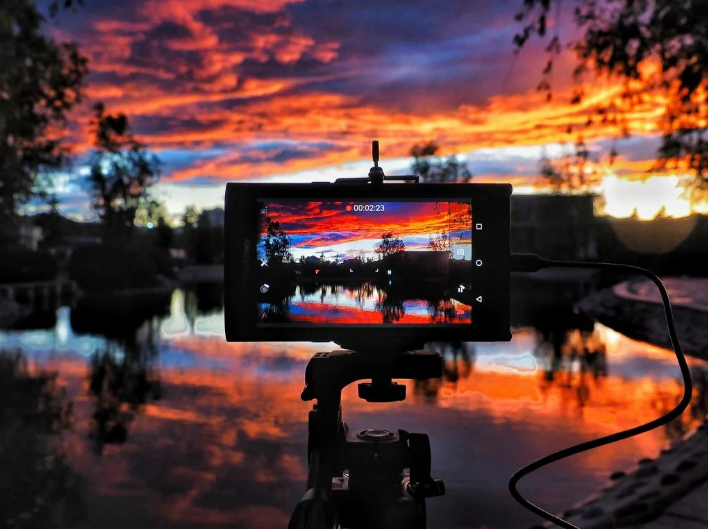If you’re new to event planning, you might wonder how much it costs to hire a venue. The good news is that different venues are available at various price points. Whether it’s a room, town or village hall, whole venue or outside space, you should be able to find a suitable space for your budget in the UK.
There are also multiple ways of charging, from flat rates for spaces to elaborate packages that include catering and entertainment. This guide will help you decide which represents the best deal for your event: an off-the-shelf package, a space where you can bring in your own suppliers, or somewhere that doesn’t require any upfront outlay.
What are some typical venue-pricing models?
The cost of hiring a venue depends on the venue. If you’re new to event planning, know that different venues don’t necessarily charge in the same way. To help, we’ve created an introductory guide to the twelve most common ways that venues charge.
Hire fee
A hire fee is a fixed price, which may be payable by the day, half-day or per hour. The hire fee is usually just for the space and doesn’t include extras like food and beverages. Check that any items you see in the room, such as furniture or equipment, are included in the price.
Check if the venue will allow catering from outside suppliers; some offer catering or have a list of preferred suppliers to choose from.
Dry hire
Look for a dry-hire venue if you want to supply your own food and drinks. You’ll pay a fixed price to hire the space, but you can bring in your own equipment and catering. These venues are ‘blank canvases’, so they come without décor or equipment. You’ll be responsible for bringing everything in and may also pay a premium for hiring the venue with no strings attached. However, it can work out as a cheaper option if you’re savvy.
Package per person
Rather than charging a separate fee for the space, some venues will bundle it up with the catering cost. If you’re having a party or dinner, you can pay a price per person to cover the event space, food, serving staff and a set amount of alcohol (usually half a bottle of wine per person or an allotted number of drink tokens).
Negotiate for the inclusion of extras, like a disco. You might get a more competitive deal for dining events by going to a restaurant, as they have fixed costs.
Day Delegate Rate (DDR)
DDRs are packages designed for meetings and conferences, often available as both half and full-day packages. You pay a set price per attendee, which includes the event space with furniture, refreshment breaks (usually three throughout the day), lunch, basic AV equipment, and extras like notepads and pens. Hotels will also offer meeting packages that include overnight accommodation, called 24-hour rates.
Minimum spend
Minimum-spend venues don’t charge a hire fee. Instead, they stipulate that a minimum figure must be spent on food and drink. Determine if this is a good option by looking at the cost of what’s on the menu. For example, if the minimum spend is only £200, but drinks cost twice as much as at other venues, it’s not a good deal. If prices are comparable, and you know you’ll reach the minimum spend threshold, why pay extra for space hire?
This deal is attractive if guests expect to purchase their own drinks, effectively giving you a free venue. The only risk is if guests don’t spend enough to meet the threshold – you’ll be required to make up the shortfall.
Minimum number of guests
Some venues, like bars and clubs, may be open to the idea of an arrangement whereby you guarantee the minimum number of attendees rather than the amount they’ll spend on drinks. As the loss/gain for the venue is less tangible, you’ll have to negotiate the penalty should you fail to provide the promised footfall.
Do venue hire costs vary by geography?
The north/south divide is notable when it comes to venue pricing – you can secure much cheaper deals in the north of the country. Statistics for venue-hire cost rates show London is more than four times more expensive than Cardiff, while Liverpool and Newcastle are still nearly three times cheaper than the capital. If you need to keep costs down, consider where to hold your event and whether it could be successful in a more affordable location.
12 types of venues
There’s a wide selection of venues to hire for events these days. Familiarise yourself with all the options so you don’t miss any hidden gems that might be available.
Hotels
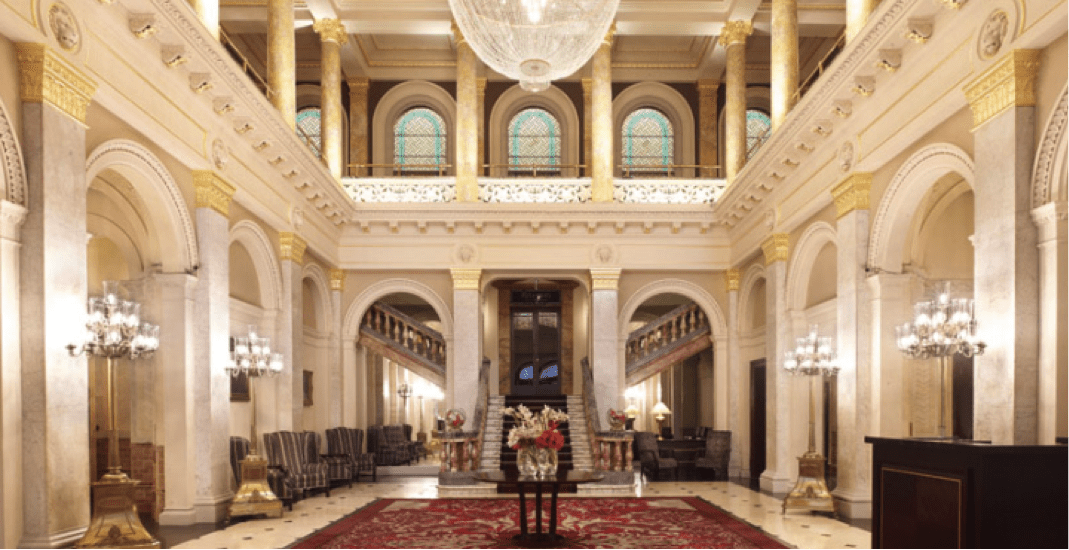
Typical Hire Price Range: £150 to £1000 per day
Typical Pricing Strategy: Hire fee
Most hotels have at least one or two event spaces. Larger hotels will have ballrooms, while other spaces, such as restaurants, bars and lobbies might also be available for hire.
Purpose-built conference centres
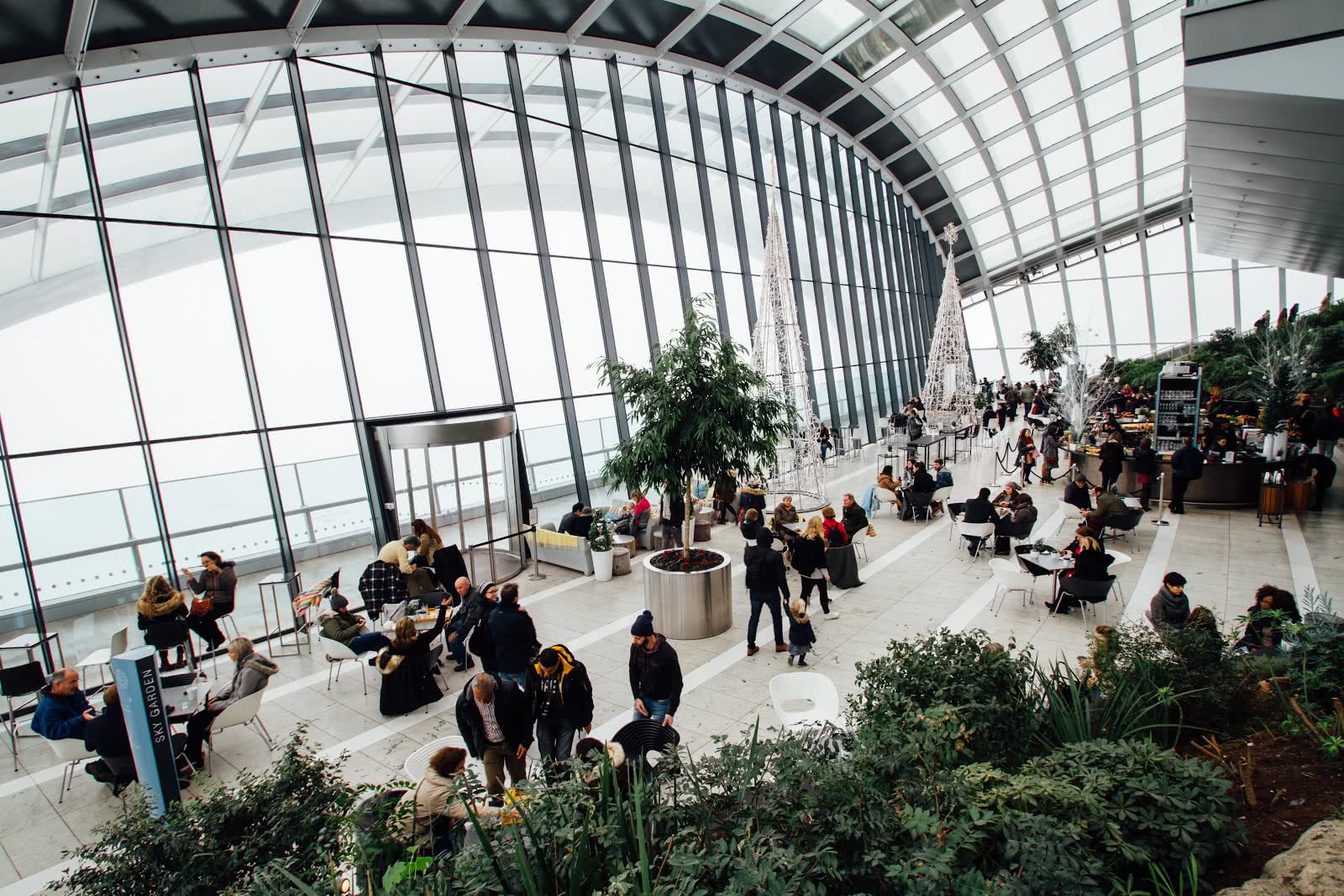
Typical Hire Price Range: £25 to £55 per day
Typical Pricing Strategy: Day Delegate Rate
Dedicated event venues, which offer a range of spaces, from small boardrooms to large auditoriums. Some will include catering in the price, while others won’t.
Business and co-working centres

Typical Hire Price Range: £200 to £2500 spend, depending on capacity
Typical Pricing Strategy: Minimum spend if a more social space, hire fee if not
These usually have meeting rooms available for members to use, sometimes at no extra cost. They may also have social areas suitable for events like networking.
Halls and community spaces

Typical Hire Price Range: £30 to £120 per hour
Typical Pricing Strategy: Dry hire
Local authorities will have several spaces available for private hire, sometimes subsidised. Religious organisations also often rent spaces at a lower cost.
Sports clubs

Typical Hire Price Range: £55 per hour
Typical Pricing Strategy: Dry hire
Golf clubs, rugby clubs, football clubs, and leisure centres all look to make extra income from their premises – however, you may need to avoid fixtures.
Restaurants
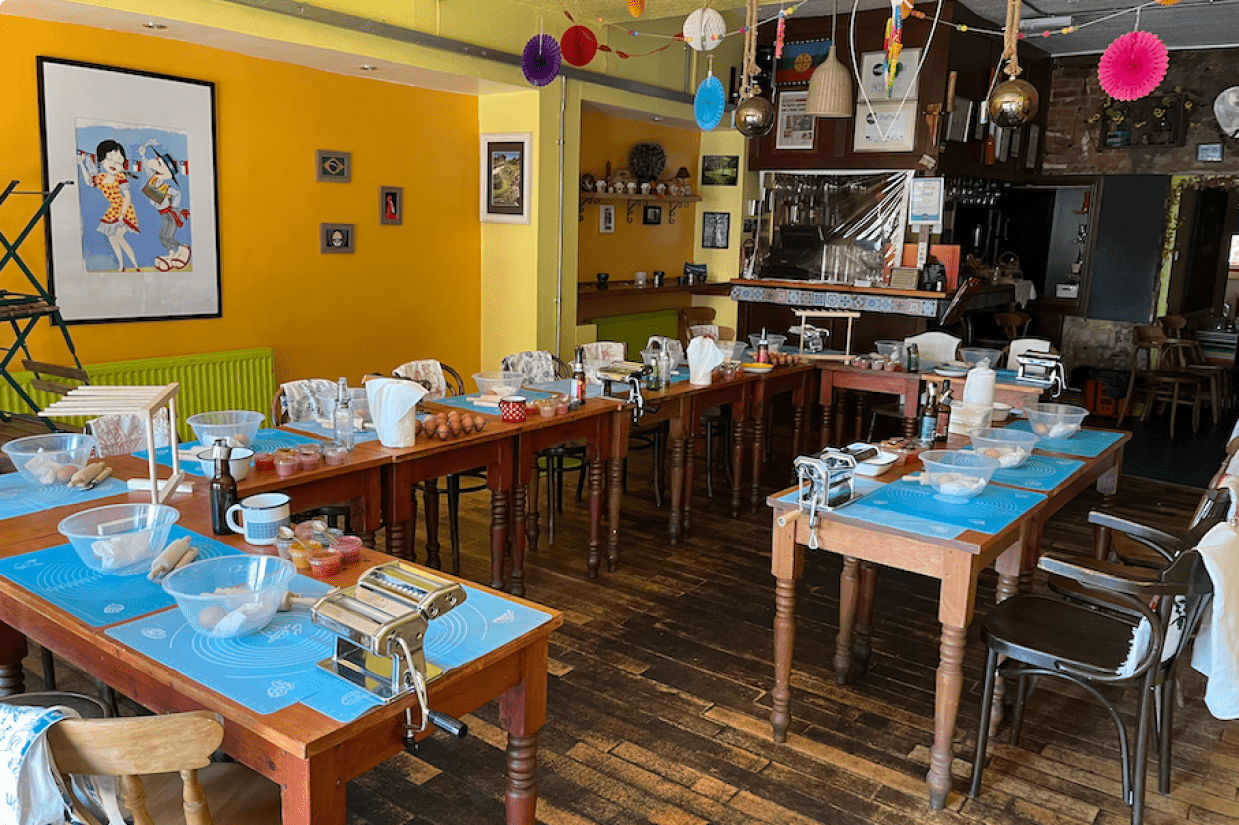
Typical Hire Price Range: £25 to £55 per person, £450 per day
Typical Pricing Strategy: Either minimum spend or package per person
If your event is large enough, take over an entire restaurant. Alternatively, many restaurants offer private dining rooms or partitioned areas to book exclusively.
Bars, pubs, and clubs
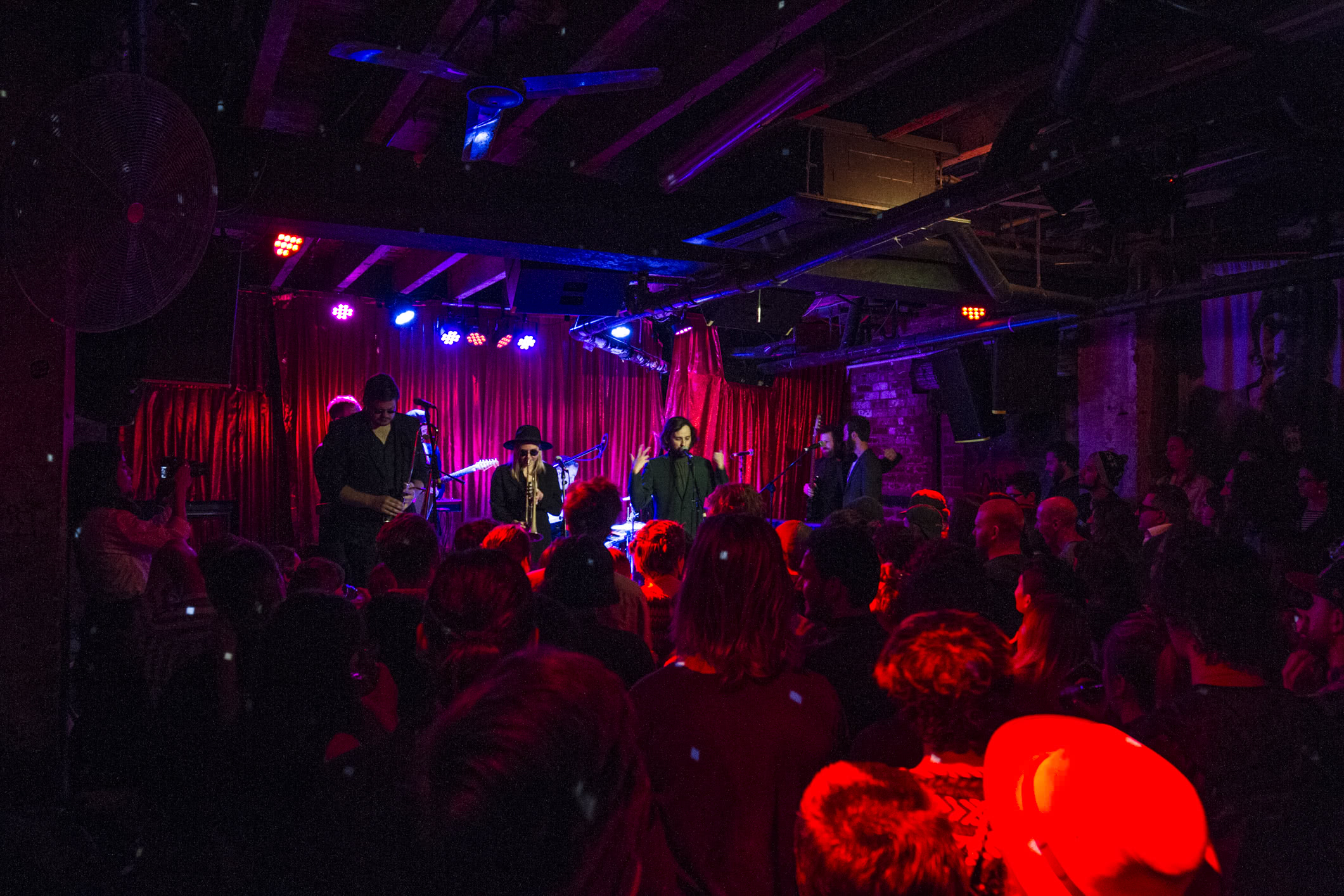
Typical Hire Price Range: £200 to £1000
Typical Pricing Strategy: Minimum spend
Many bars allow you to hire them privately, and you can rent rooms in pubs. Clubs only open to the public at night can be a low-cost solution for daytime events, but inspect the room before any money changes hands. Scuff marks and shabby furnishings that go unnoticed at night might be all too apparent.
Academic

Typical Hire Price Range: £200 to £1000
Typical Pricing Strategy: Dry hire
Universities, colleges, and schools can be affordable venues. If you require accommodation, university campuses are a great option if your event is outside term time.
Stadiums and arenas

Typical Hire Price Range: £1000+ per day
Typical Pricing Strategy: Hire fee
With the capacity to hold thousands, these venues are ideal for large events. They also have facilities for smaller gatherings. Ease of access and onsite parking are bonuses.
Fields and marquees
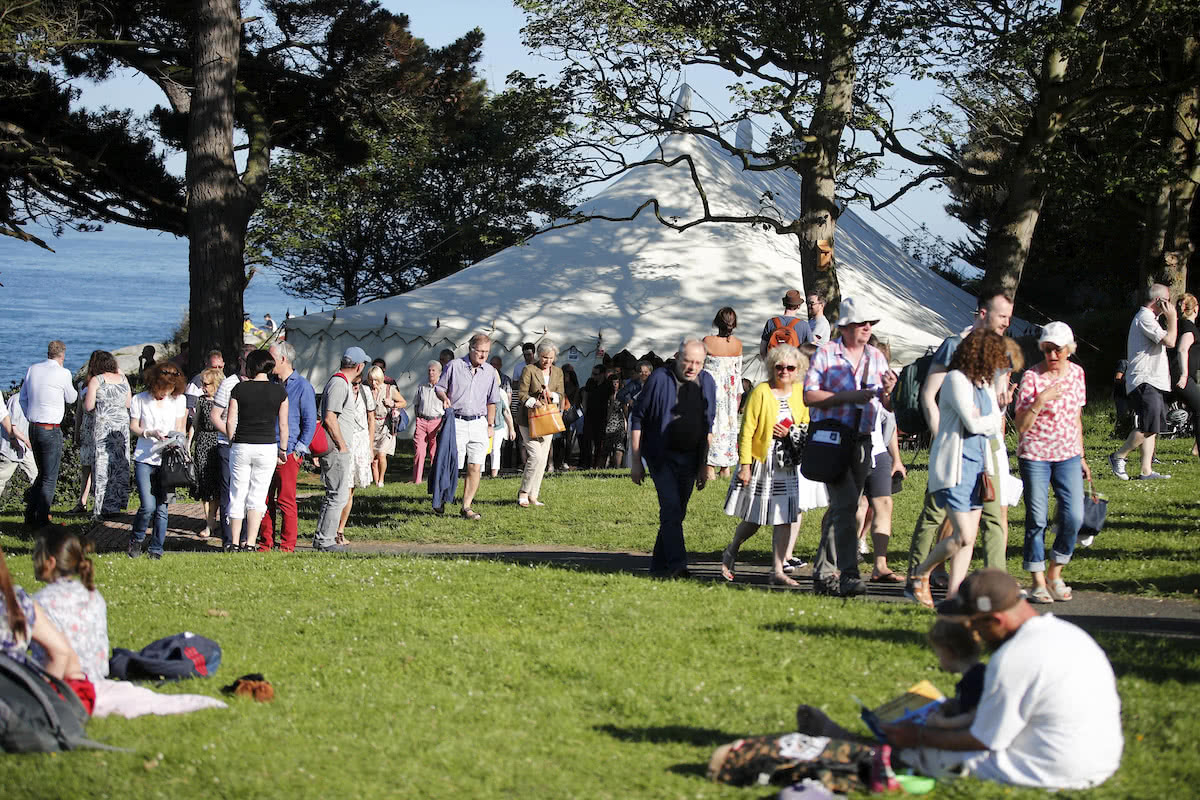
Typical Hire Price Range: £300 to £2500+ per day
Typical Pricing Strategy: Hire fee
Landowners and agricultural societies often make sites available for events like festivals and fairs. Hire a marquee or find a site with an existing semi-permanent structure or barn.
Parks and public spaces
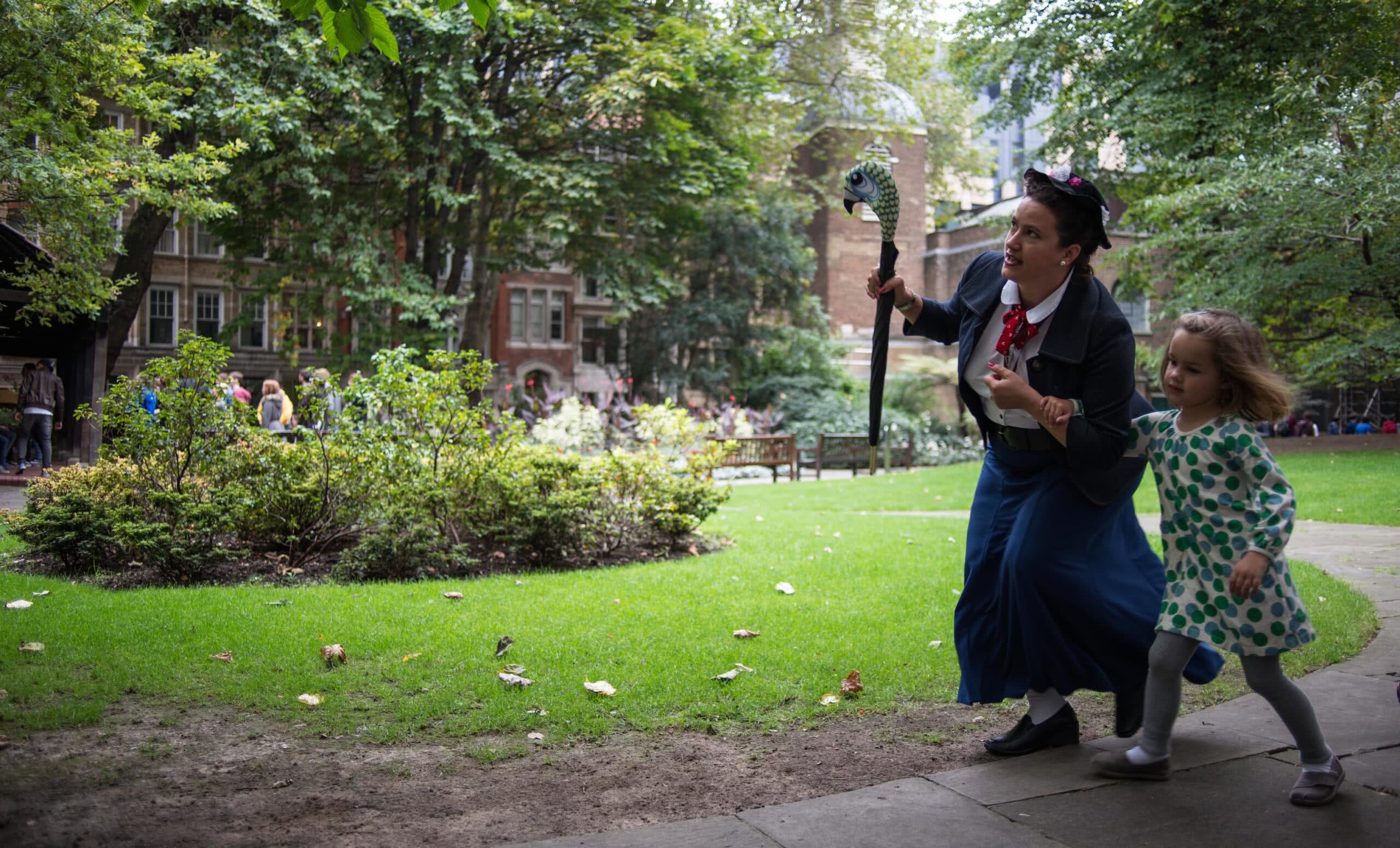
Typical Hire Price Range: £0 to 500 per day
Typical Pricing Strategy: Dry hire
You can hire local authority-owned parks and outdoor spaces, and make an application to hold events like street parties free of charge.
Ready to organise your event?
With so many venues available, the scope can seem daunting. When choosing the right venue for your event, we have you covered. Once you’ve chosen your venue, discover how to set up your event with help from Eventbrite.





